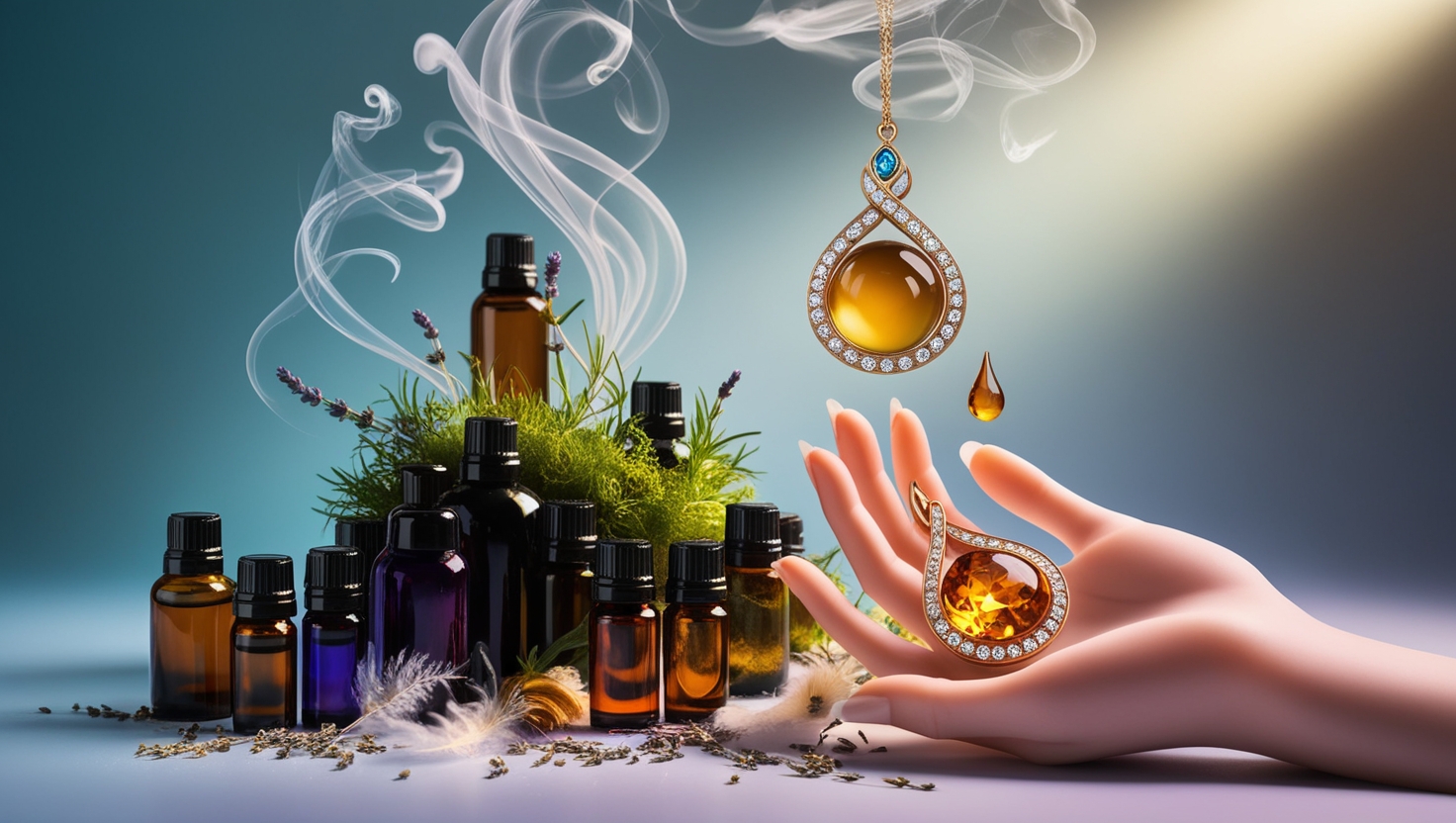
Essential oils are concentrated plant extracts that capture the natural fragrance and beneficial properties of various botanicals. They have been used for centuries in various cultures for their therapeutic, aromatic, and medicinal qualities. The usage of essential oils spans a wide range of applications, including:
Aromatherapy: One of the most popular uses of essential oils, aromatherapy involves inhaling the scents of essential oils to promote physical and emotional well-being. Different oils are believed to have various effects; for example, lavender is often used for relaxation, while peppermint may help with focus and energy.
Topical Application: Essential oils can be diluted with carrier oils (such as coconut or jojoba oil) and applied directly to the skin. This method is commonly used for targeted relief, such as soothing muscle aches, reducing inflammation, or treating skin conditions. However, it is essential to perform a patch test first to avoid allergic reactions.
Household Cleaning: Many essential oils possess antibacterial and antifungal properties, making them effective natural cleaning agents. Oils like tea tree, lemon, and eucalyptus can be added to homemade cleaning solutions to disinfect surfaces and eliminate odors.
Personal Care Products: Essential oils are frequently incorporated into cosmetics and personal care products, such as lotions, shampoos, and soaps, for their fragrance and skin benefits. They can enhance the sensory experience of these products while providing additional therapeutic effects.
Stress Relief and Relaxation: Essential oils are often used in massage therapy and spa treatments to promote relaxation and reduce stress. Oils like chamomile and bergamot are known for their calming properties and can enhance the overall experience of self-care rituals.
Insect Repellent: Certain essential oils, such as citronella, lavender, and eucalyptus, are known to repel insects. They can be used in natural insect repellent sprays or diffused in living spaces to keep pests at bay.
Culinary Uses: Some essential oils, like peppermint and lemon, can be used in cooking and baking to add flavor to dishes. However, it is crucial to use food-grade essential oils and to do so sparingly, as they are highly concentrated.
Meditation and Spiritual Practices: Essential oils are often used in meditation and spiritual practices to create a calming atmosphere and enhance mindfulness. Oils like frankincense and sandalwood are traditionally associated with spiritual rituals and can help deepen the meditative experience.